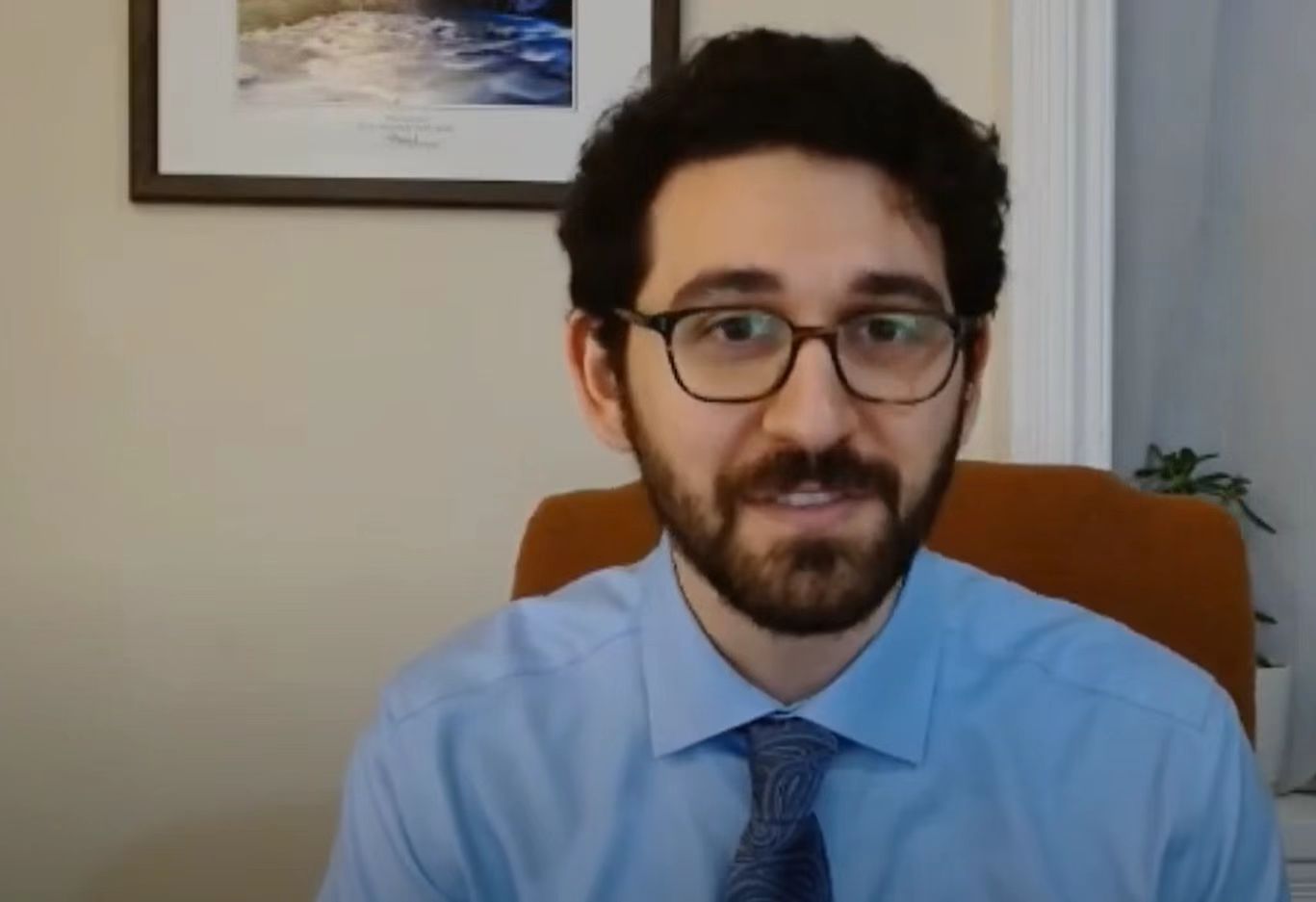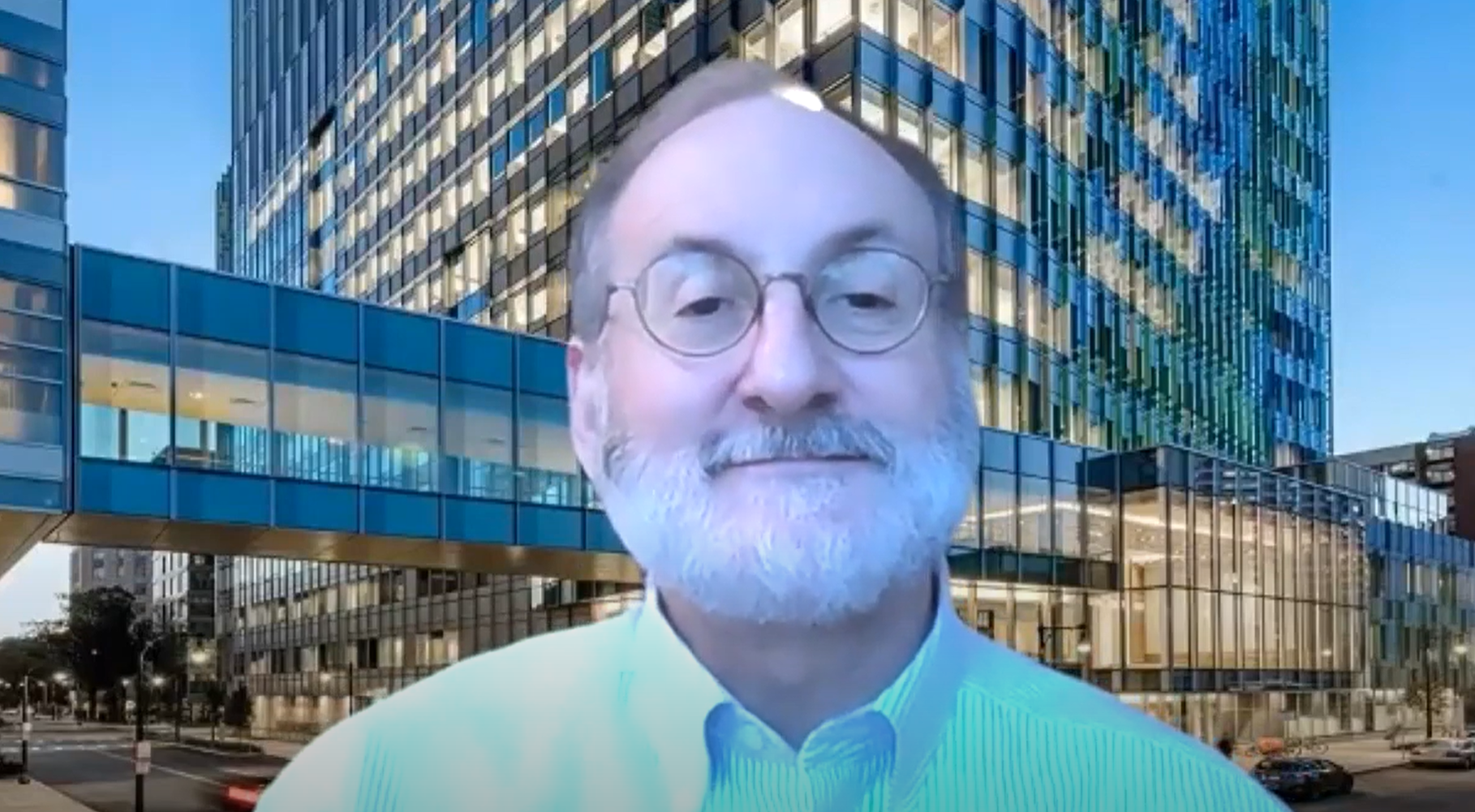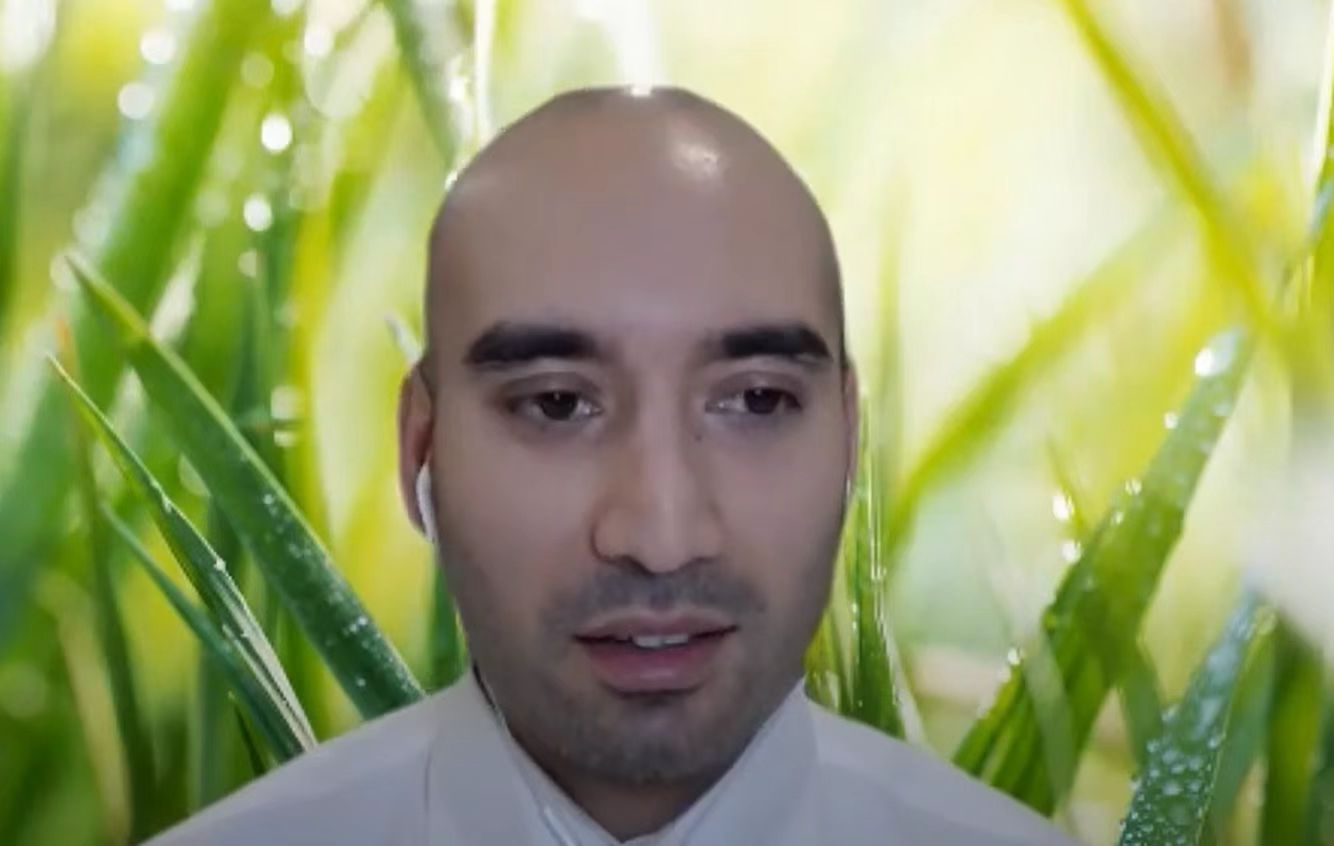Climate Change is Worsening Mental Health
Advancing recognition on the challenge of global climate change is creating distinct effects on the mental health of populations worldwide, according to three medical authorities interviewed on Zoom recently by One World Initiative’s Contributing Journalist Bruce Shutan from his Portland, Oregon home.

Jeremy Wortzel, a student at the Perelman School of Medicine at the University of Pennsylvania, led off stating that effects of climate change have affected humans directly on physical and emotional levels, citing pathological behaviors that change in warmer weather such as suicides, mental anguish, anxiety, heart attacks and violent behavior leading to symptoms similar to post-traumatic stress disorder.
He said climate trauma has so affected his generation that a recent study of 10,000 students revealed 60 percent are extremely worried about the future and 40 percent stated they are hesitant to have children.
“Homo Sapiens brain circuitry creates behaviors by adapting to the environment and has shown great creativity over time leading to the advances that we see today, combined with greed and short-term thinking without considering the long-term consequences, or how it will affect oneself, or other people or one’s corporate profits.” said Doctor David Silbersweig, Professor of Psychiatry at Harvard University and Chairman of Psychiatry at Brigham & Women’s Hospital.

“These have given much that is good, but it is this balance that is out of whack. So when we make advances based on carbon fuel, energy and transportation, but at what cost? We need to rebalance this equation. We react to the effects of our changing climate in differing ways, depending on the flexibility of our perceptions,” he said. “These psychological and psychiatric perceptions affect our judgment. We have seen that some focus on the ‘at what cost’ of the changes required to stall climate change, rather than that of the public good. These people put selfish profit over an environmental approach that is gentler and pro-social.”
He added that climate fears are helpful if they lead to action and that the conversation is improved when turned to more inviting, empowering scenarios.
He sees variations of mental rigidity and mental flexibility as primary factors in forming one’s perceptions of the coming crisis. “The more rigid mentality, the more vulnerable one is to accepting disinformation, conspiracy theories and demagoguery. These people deny climate change based on a certitude formed through a filter of self-reinforcement. They are subject to short-term thinking, profit-maximization and fear-mongering.”
Wortzel noted the importance of how the subject of climate change is introduced as to how it is perceived. “When my generation is told we are doomed to a dim future, rather than how we may join a growing movement to change things, we see a different outcome. We need to view the issue in an inviting way, empowering us to act together.”

Shadaab Kazi, a student at the Harvard University Medical School, said climate change has even affected the medical supply change, evidenced by the 2017 hurricane that devastated Puerto Rico. “Recent efforts of world leaders, citizen activists and the increase in medical schools turning their attention to the mental effects of the climate crisis give me hope for the future,” he said.
Wortzel added that another good sign is that today the medical community and medical schools are taking the issue odd climate change seriously. He cited a recent study of the carbon footprint emitted during a recent meeting of psychiatrists leading to actions to significantly cut their impact on a community level. “I am hopeful now that the medical community is taking action on the crisis and is dedicated to do no harm.”
Ending the session, the three medical speakers thanked Mr. Shutan and One World Initiative for the opportunity to share their views with the world.
